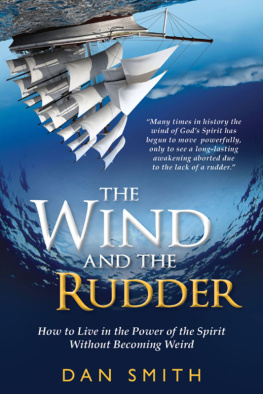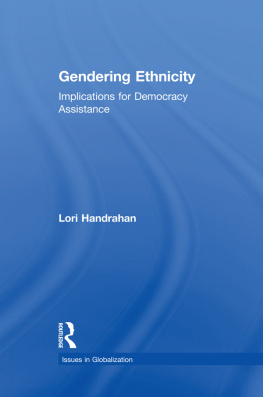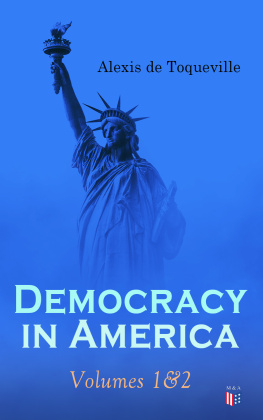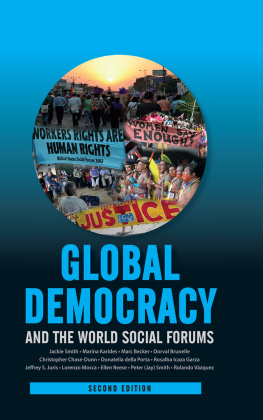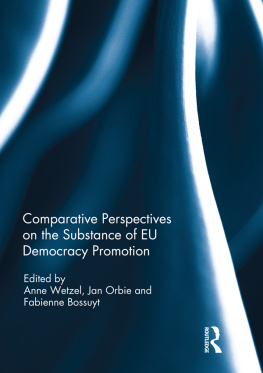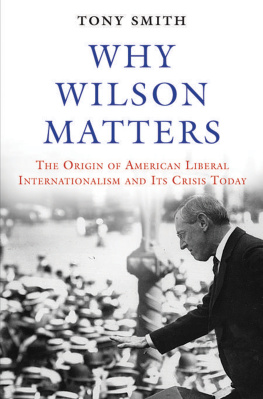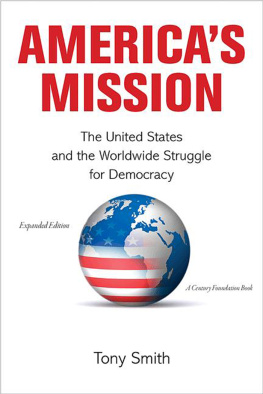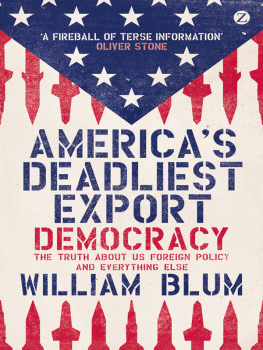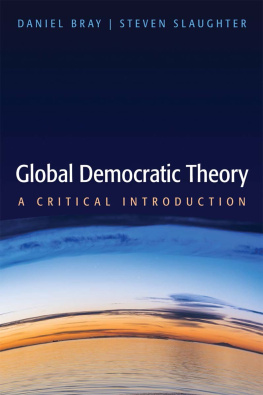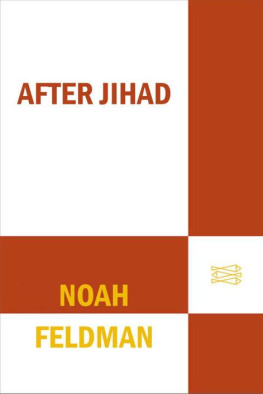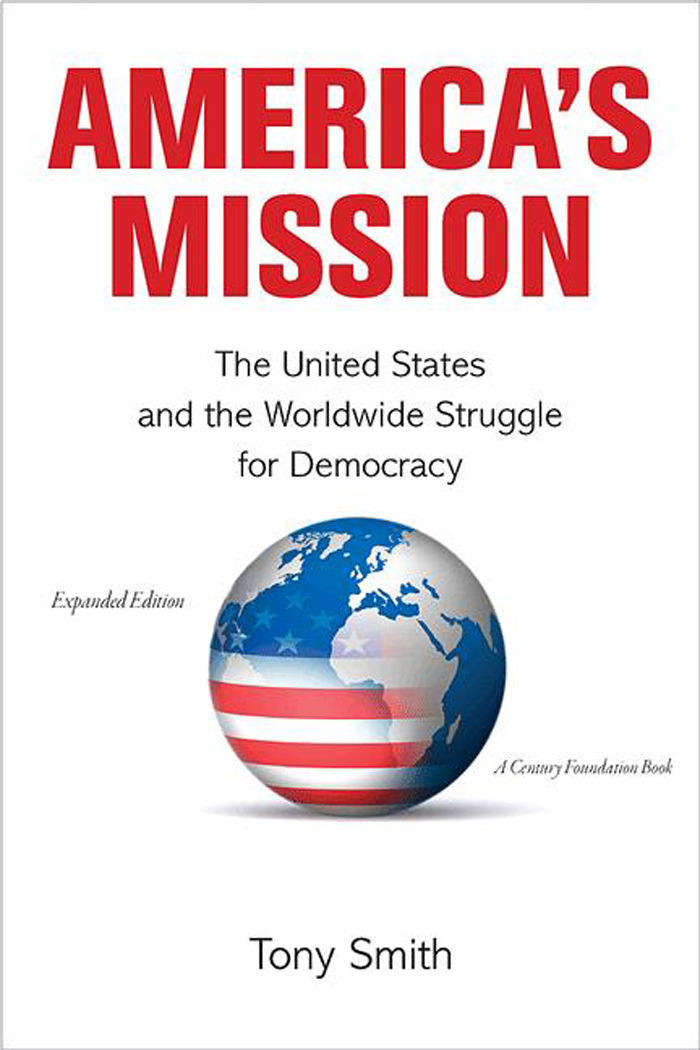Americas Mission
PRINCETON STUDIES IN
INTERNATIONAL HISTORY AND POLITICS
G. John Ikenberry,
Thomas J. Christensen,
and Marc Trachtenberg
Series Editors

R ECENT T ITLES
Americas Mission: The United States and the Worldwide
Struggle for Democracy by Tony Smith
Liberal Leviathan: The Origins, Crisis, and Transformation of the
American World Order by G. John Ikenberry
Worse Than a Monolith: Alliance Politics and Problems of a
Coercive Diplomacy in Asia by Thomas J. Christensen
Politics and Strategy: Partisan Ambition and American
Statecraft by Peter Trabowitz
The Clash of ldeas in World Politics: Transnational Networks, States,
and Regime Change, 15102010 by John M. Owen IV
How Enemies Become Friends: The Sources of
Stable Peace by Charles A. Kupchan
1989: The Struggle to Create Post-Cold War Europe
by Mary Elise Sarotte
The Struggle for Power in Early Modern Europe: Religious Conflict,
Dynastic Empires, and International Change by Daniel H. Nexon
Strong Borders, Secure Nation: Cooperation and Conflict
in Chinas Territorial Disputes by M. Taylor Fravel
The Sino-Soviet Split: Cold War in the Communist World
by Lorenz M. Luthi
Nuclear Logics: Contrasting Paths in East Asia and the
Middle East by Etel Solingen
Social States: China in International Institutions,
19802000 by Alastair Iain Johnston
Appeasing Bankers: Financial Caution on the
Road to War by Jonathan Kirshner
The Politics of Secularism in International Relations
by Elizabeth Shakman Hurd
Unanswered Threats: Political Constraints on the Balance
of Power by Randall L. Schweller
Americas Mission
THE UNITED STATES AND THE
WORLDWIDE STRUGGLE FOR DEMOCRACY
Expanded Edition
Tony Smith
A Century Foundation Book
PRINCETON UNIVERSITY PRESS
PRINCETON AND OXFORD
The Century Foundation conducts timely research and analyses of national economic and social policy and international affairs. Its work today focuses on issues of equity and opportunity in the United States, and how American values can best be sustained and advanced in a world of more diffuse power. With offices in New York City and Washington, D.C., The Century Foundation is nonprofit and nonpartisan and was founded in 1919 by Edward A. Filene.
B OARD OF T RUSTEES
Bradley Abelow
H. Brandt Ayers
Alan Brinkley, Chairman
Joseph A. Califano, Jr.
Alexander Morgan Capron
Hodding Carter III
Edward E. David, Jr.
Brewster C. Denny
Charles V. Hamilton
Melissa Harris-Perry
Matina S. Horner
Lewis B. Kaden
Alicia H. Munnell
Janice Nittoli
P. Michael Pitfield
John Podesta
Richard Ravitch
Alan Sagner
Harvey I. Sloane, M.D.
Kathleen M. Sullivan
Shirley Williams
William Julius Wilson
Janice Nittoli, President
Copyright 1994 by The Twentieth Century Fund, Inc.
Foreword to the 2012 edition, preface to the 2012 edition, chapters 12 and 13, and epilogue copyright 2012 by The Century Foundation, Inc.
Published by Princeton University Press, 41 William Street, Princeton, New Jersey 08540
In the United Kingdom: Princeton University Press, 6 Oxford Street,
Woodstock, Oxfordshire 0X20 1TW
press.princeton.edu
All Rights Reserved
First printing, 1994
Second printing, and first paperback printing, 1995
Expanded edition, 2012
Library of Congress Control Number 2011939053
ISBN 978-0-691-15492-3
British Library Cataloging-in-Publication Data is available
This book has been composed in Times Roman
Printed on acid-free paper,
Printed in the United States of America
10 9 8 7 6 5 4 3 2 1
For my students and colleagues at Tufts University
y para mi compaero Jose David Ovalle
O, for a Muse of fire, that would ascend
The brightest heaven of invention,
A kingdom for a stage, princes to act
And monarchs to behold the swelling scene!
But pardon, gentles all,
The flat unraised spirits that have dared
On this unworthy scaffold to bring forth
So great an object. Can this cockpit hold
The vasty fields of France? Or may we cram
Within this wooden O the very casques
That did affright the air at Agincourt?
Oh, pardon! Since a crooked figure may
Attest in little place a million,
And let us, ciphers to this great accompt,
On your imaginary forces work.
Suppose within the girdle of these walls
Are now confined two mighty monarchies,
Whose high upreared and abutting fronts
The perilous narrow ocean parts asunder.
Pierce out our imperfections with your thoughts.
Into a thousand parts divide one man,
And make imaginary puissance.
Think when we talk of horse that you see them
Printing their proud hoofs i the receiving earth.
For tis your thoughts that now must deck our kings,
Carry them here and there, jumping oer times,
Turning the accomplishment of many years
Into an hourglass. For the which supply,
Admit me Chorus to this history,
Who prologue-like your humble patience pray,
Gently to hear, kindly to judge, our play.
Shakespeare, Prologue, Henry V
Contents
C HAPTER O NE
The United States and the Global Struggle for Democracy
C HAPTER T WO
Democracy in the Philippines
C HAPTER T HREE
Wilson and Democracy in Latin America
C HAPTER F OUR
Wilson and a World Safe for Democracy
C HAPTER F IVE
FDR and World Order: Globalizing the Monroe Doctrine
C HAPTER S IX
Democratizing Japan and Germany
C HAPTER S EVEN
Eisenhower and His Legacy, 19531977
C HAPTER E IGHT
Kennedys Alliance for Progress, 19611965
C HAPTER N INE
Carters Human Rights Campaign
C HAPTER T EN
Reagans Democratic Revolution
C HAPTER E LEVEN
After the Cold War: Wilsonianism Resurgent?
C HAPTER T WELVE
From Fortunate Vagueness to Democratic Globalism, 19892008
C HAPTER T HIRTEEN
Liberal Internationalism from George W. Bush to Barack Obama
E PILOGUE
The Irony of American Liberal Internationalism
A PPENDIX
Notes on the Study of the International Origins of Democracy
Foreword to the 2012 Edition
W HEN THE FIRST edition of this book was published, American foreign policy was experiencing one of its most triumphal moments: the recent collapse of the Soviet Union had apparently left the way clear for a new era of liberal internationalism. Not since the end of World War II nearly fifty years earlier had the nation had such an opportunity to pursue one of its major foreign policy priorities: to make the world safe for democracy, in Woodrow Wilsons words.
For nearly twenty years, the first edition of Americas Mission has been a go-to book for students who wanted to understand how the thread of democracy promotion had been woven into the fabric of American foreign policy over the past century, and how those efforts had fared. Much has changed since the publication of the first edition, however. The list of countries organizing their political lives democratically has grown substantially. The fall of the Soviet Union continues to have aftershocks, with color revolutions occurring in Serbia and Montenegro, Georgia, Ukraine, and Kyrgyzstan. At times, the United States has moved aggressively to help ensure democracys future, as in its forceful intervention in Haiti. And while the efforts to implant democracy in Afghanistan and Iraq have had markedly mixed results, we have seen the Arab Spring usher in a wave of popular uprisings that already point to at least somewhat more democratic futures for Tunisia, Egypt, and Libya, with outcomes in greater doubt in Bahrain, Syria, and Yemen.






